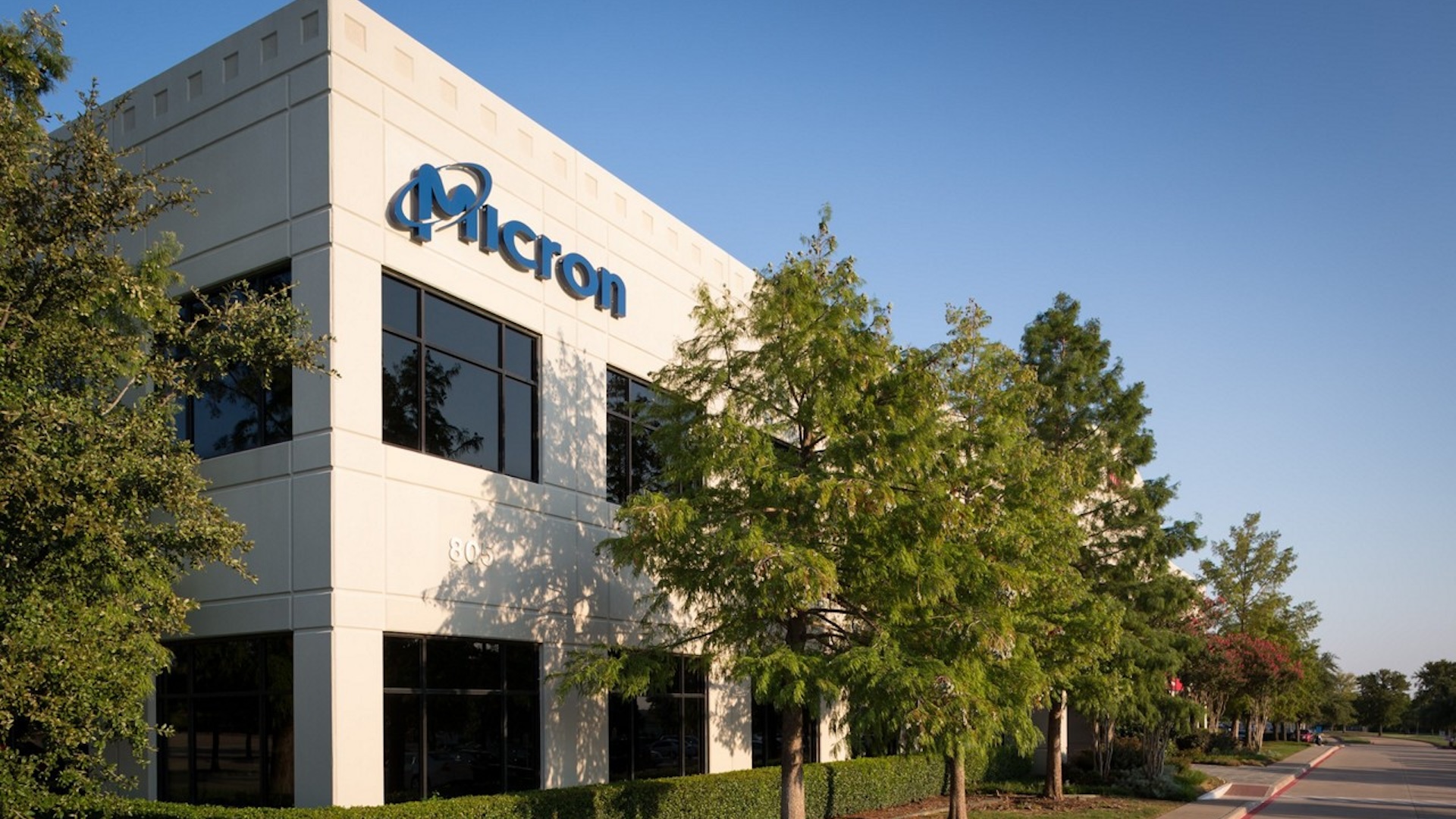Micron loses patent trial, must pay rival Netlist $445 million in damages
The total damages could still be more or less, depending on other court actions.

Semiconductor manufacturer Micron Technology has lost a patent infringement lawsuit with Netlist. A jury in the United States decided that Micron infringed on memory module technology patents held by the computer memory company Netlist. Micron could be forced to pay Netlist $445 million (£349.7 million) or more in damages.
The case revolves around some of Micron’s high-performance computing memory products. Jurors in the U.S. District Court for the Eastern District of Texas agreed that Micron infringed upon two of Netlist’s patents to improve memory module capacity and performance.
Two patents, “the ‘417 patent” and “the ‘912 patent,” were in dispute in the lawsuit. The jury awarded Netlist $20 million (£15.7 million) in damages for the ‘417 patent and $425 million (£334 million) in damages for the ‘912 patent.
Furthermore, the jury decided Micron willfully committed patent infringement. That fact could result in a judge multiplying the awarded damages as much as threefold.
However, that may not be the end of the story. In 2023, Netlist won a similar patent infringement lawsuit against Samsung filed in the same court. In that lawsuit, Netlist won more than $303 million (£238 million) in damages.
However, the Patent Trial and Appeal Board ruled in April 2024 that one of Netlist’s patent claims was invalid. That same patent, patent ‘912, was included in Netlist’s case against Micron Technology. The decision to invalidate that patent could significantly reduce the damages Micron has to pay since that claim carried the vast majority of the damages awarded.
While Micron is widely considered an underdog in the high-bandwidth memory market, it is still a major player in the field. Its HBM production capability is already sold out for the 2024 calendar year and almost fully allocated for 2025. Any damages Micron may owe Netlist will hurt the company’s profits somewhat, but not substantially.
Get Tom's Hardware's best news and in-depth reviews, straight to your inbox.

Jeff Butts has been covering tech news for more than a decade, and his IT experience predates the internet. Yes, he remembers when 9600 baud was “fast.” He especially enjoys covering DIY and Maker topics, along with anything on the bleeding edge of technology.
-
thestryker Ah yes the famous Eastern District of Texas home to ridiculous amounts of patent litigation. I often wonder how much of this nonsense could be avoided by properly funding the USPTO. At least this company appears to actually make some products despite acting like a patent troll here.Reply -
basel8 It's annoying reading these patent-lawsuit stories and they never explain the patent, the technical arguments for or against etc. BTW, I took a look at Netlist's website and meagre product pages and unremarkable technology, it looks like a thinly veiled patent troll.Reply -
cyrusfox Appears there is much more to this story, I was trying to find out the merit of the patents, and from my brief 10 minutes of searching, This is the third trial of this sort, First 2 were against Samsung and Google. Hynix is not being sued because they are paying royalties(Settled out of court for pennies and are now sharing patents in cross licensing scheme). Samsung was paying Royalties in the past but stopped. It reeks of collusion of large corporations to snuff out valid IP Claims and this is lawfare to avoid it and attempt to destroy netlist. If this was Obvious art/unpatentable I don't see why any of them would have paid royalties in the first place.Reply
Its all very muddy and I wish there was more discussion around the actual foundation of the patents. Based on the staying power of Netlist against these goliaths, there is obviously some merit to their patent claims.
Here is a link to the actual 912 patent, https://patents.google.com/patent/US7619912B2/enAppears the story goes back to 2009, Google applying tech without licensing, admitted to use in court documents. This patent has survived many reviews thus far, see how the appeals and continued lawfare change the damages. -
thestryker Reply
If the price is right sometimes it's cheaper to pay out than fight it. There was a case that Newegg had actually fought some time back and got the patent invalidated which several, much larger, companies had just been paying royalties for.cyrusfox said:If this was Obvious art/unpatentable I don't see why any of them would have paid royalties in the first place. -
bill001g Seems overlap in the multiple cases. There is a link to this in the main article but it seems that while this lawsuit was going on the main patent they were fighting over was ruled invalid.Reply
https://ptacts.uspto.gov/ptacts/public-informations/petitions/1549198/download-documents?artifactId=QFQQZbR91fF2AE9cFS6M4Altm83Q67-CNFVsTXWTctrP1cetup2ZhWQ